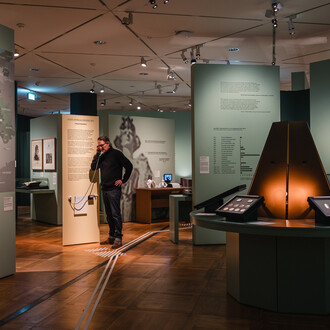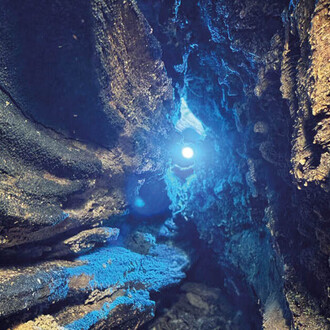Nowadays, Wilhelm and Alexander von Humboldt are celebrated as German cosmopolitans. They embody the accomplishments of public education, a new perspective on nature, and an unbiased look at the cultures outside of Europe. Their biographies, however, are marked by the contradictions of their time: the image of the equality of all people as conceived by the Enlightenment contrasted with the existence of colonialism and slavery. The new discovery of nature goes hand in hand with its mastery and destruction. International exchange and cooperation are unable to prevent nationalist exclusion.
The Deutsches Historisches Museums shows the first major exhibition about Wilhelm and Alexander von Humboldt in Germany. It locates the brothers as Europeans in the context of their time. It looks at social and political areas for negotiation and organisation, examines the relation between knowledge and power, and sheds a light on how historical consciousness, politics, science and economics change the perspective on humans and their environment. In doing so, questions arise about the actuality and evaluation of their lives and undertakings in our present time.
















